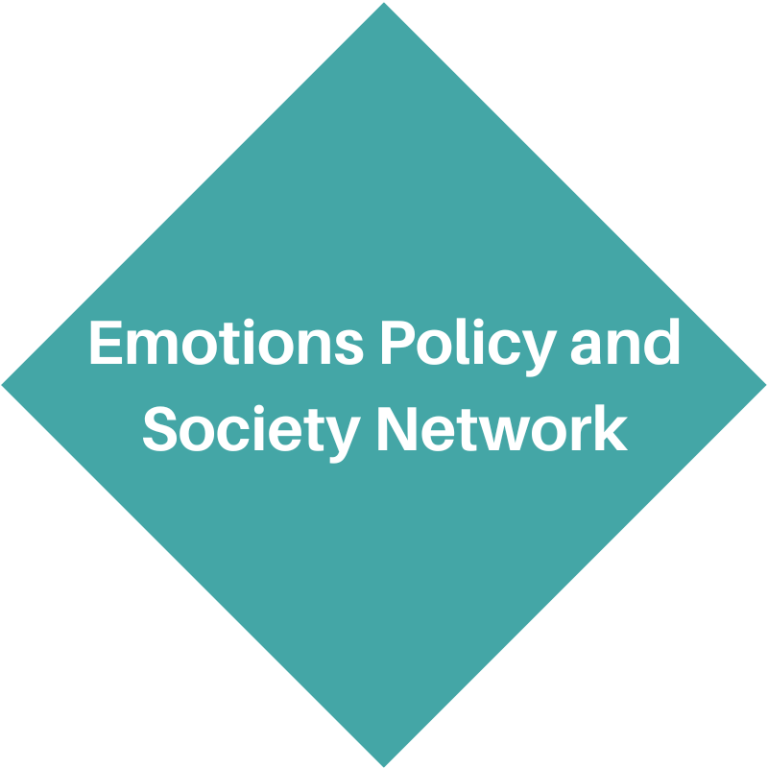Thank you for your message. The IPPA team will get back to you shortly. You first need to login here.

Emotions, Policy and Society Network
The Emotions, Policy and Society Network (EPSN) was established to foster exchange and collaboration among individuals, who study emotions in their social and political dimensions. This includes graduate students, postdoctoral researchers, as well as early-career and senior scholars. Research contributions may focus on any region of the world, whether through case studies or comparative analyses, and may draw on diverse methodological and theoretical approaches. What matters most is an open mind and a willingness to engage with others and with these themes. In recent years, the study of emotions has become a central perspective within sociology, political science, and policy studies. Emotions are increasingly recognized as integral to social interaction and to the cognitive perception of the world around us. Building on this insight, the Network understands emotions as shaped by and embedded within power relations, value systems, and the interplay between rationality and affect. This perspective highlights the ways in which emotions frame political and social debates and how they relate to questions of justice, exclusion, and democratic resilience. While mainstream approaches have often examined how emotions influence collective action and decision-making, the EPSN seeks to explore emotions as meaningful social and political practices. These practices shape how societies understand themselves, their institutions, and their conflicts. By combining perspectives from sociology, political science, and policy studies, the Network aims to reveal how emotional dynamics connect individual experiences with broader structures of power and meaning. The EPSN invites contributions that investigate how emotions shape processes of meaning-making, belonging, and democratic resilience. Drawing on a wide range of theoretical perspectives, we explore how emotional practices structure the politics of the present—whether in debates about the climate crisis, reproductive rights, polarization, or economic inequality—and how they link everyday experiences to larger patterns of power.
About the Network
Welcome to the Emotions, Policy and Society Network. Our mission is to foster dialogue about the role of emotions in sociology, political science, and policy studies, while remaining open to interdisciplinary collaboration with related fields. We aim to explore how emotions are embedded in social, cultural, and political practices and how they shape processes of meaning-making, legitimacy, and belonging.
We welcome research from a wide range of empirical contexts and methodological and theoretical orientations.
If you are interested in the Network and its activities, please click “Join the Network” in the menu on the left.




